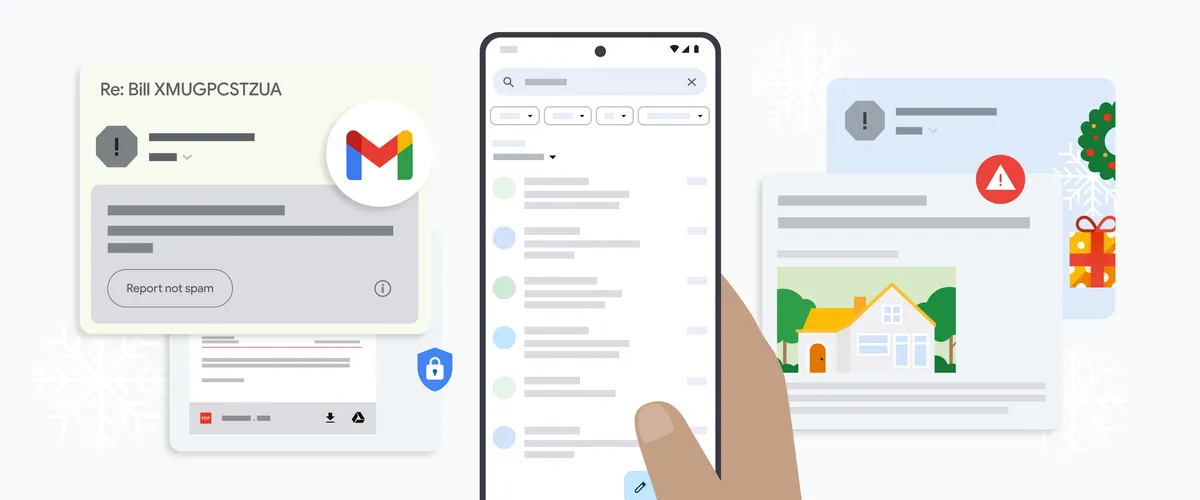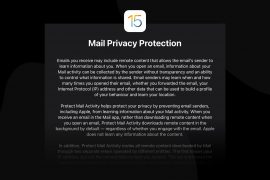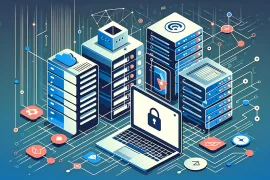The proliferation of spam and irrelevant emails represents a daily challenge. Google, through its Gmail service, continues to innovate by employing the most advanced technologies to offer an unparalleled user experience. The latest initiative? The integration of artificial intelligence (AI), proving promising in the fight against spam and unimportant messages.
The importance of filtering spam for security and productivity
Every day, millions of users receive unwanted emails, creating not only clutter in their inboxes but also potential security risks. Among these threats are phishing attempts, malware, and various online scams that can have severe consequences. In response to this, Gmail now uses sophisticated AI models to identify and neutralize these threats well before they reach users.
In particular, the holiday season is conducive to a massive influx of spam, with cybercriminals exploiting the excitement of online shopping to dupe their victims. However, thanks to significant advances in AI, Gmail has managed to reduce fraud reports by 35% during this season compared to the previous year. This notable improvement clearly shows the effectiveness of the new methods implemented.
Advanced detection techniques by AI

The recent development of a language model specifically trained to detect phishing, malware, and spam marks a decisive turning point. This model can analyze a colossal volume of emails at an impressive speed, enabling it to spot anomalies and react instantly.
Moreover, another supervisory model introduced just before major commercial events like Black Friday acts as an additional layer of protection, continuously monitoring Gmail’s existing defenses and adjusting security filters in real-time. Thanks to these innovations, the inbox remains clean and secure, minimizing interruptions and risks associated with fraudulent emails.
Challenges persist: new types of fraud during the holidays
Despite these proactive measures, fraudsters are constantly seeking new strategies to bypass security systems. Google has identified three types of fraud that are particularly prevalent during the holidays:
- Fake invoices: Users receive fake invoices prompting them to call a number to dispute “charges”.
- Direct phishing: Emails containing detailed personal information like the victim’s address and sometimes even photos of their house to legitimize the threat.
These attacks aim to unsettle users and push them to disclose sensitive information or make unauthorized payments. Vigilance and caution remain essential to avoid falling into these cunning traps.
Practical tips to stay safe
Google recommends users follow some simple rules to protect themselves against online scams:
- Take your time: Scams often rely on a sense of urgency. It is important to carefully verify any unexpected email, especially those requesting an immediate response.
- Verify sources: Before clicking on a link or downloading an attachment, ensure the sender’s authenticity.
- Regular updates: Use the latest versions of security software and web browsers to benefit from the most recent protections.
The combination of cutting-edge AI technologies and users educated on good cybersecurity practices is crucial to maintaining a secure environment. Gmail continues to refine its tools to ensure that every user can manage their emails effectively and calmly, reducing to a strict minimum the interruptions caused by spam and other unwanted emails.
The future of Gmail and AI in email management
As we move forward into the digital era, the collaboration between artificial intelligence and messaging services is constantly evolving. The ultimate goal remains to provide an inbox completely free of unnecessary distractions and hidden dangers, allowing users to focus on the essential and improve their overall productivity.
Google spares no effort in making Gmail not only safer but also more efficiency-focused through ever more sophisticated technological solutions. This approach reflects a clear commitment: to ensure that every received message contributes positively to users’ daily lives, offering them peace of mind and saving valuable time in an increasingly connected professional and personal context.







